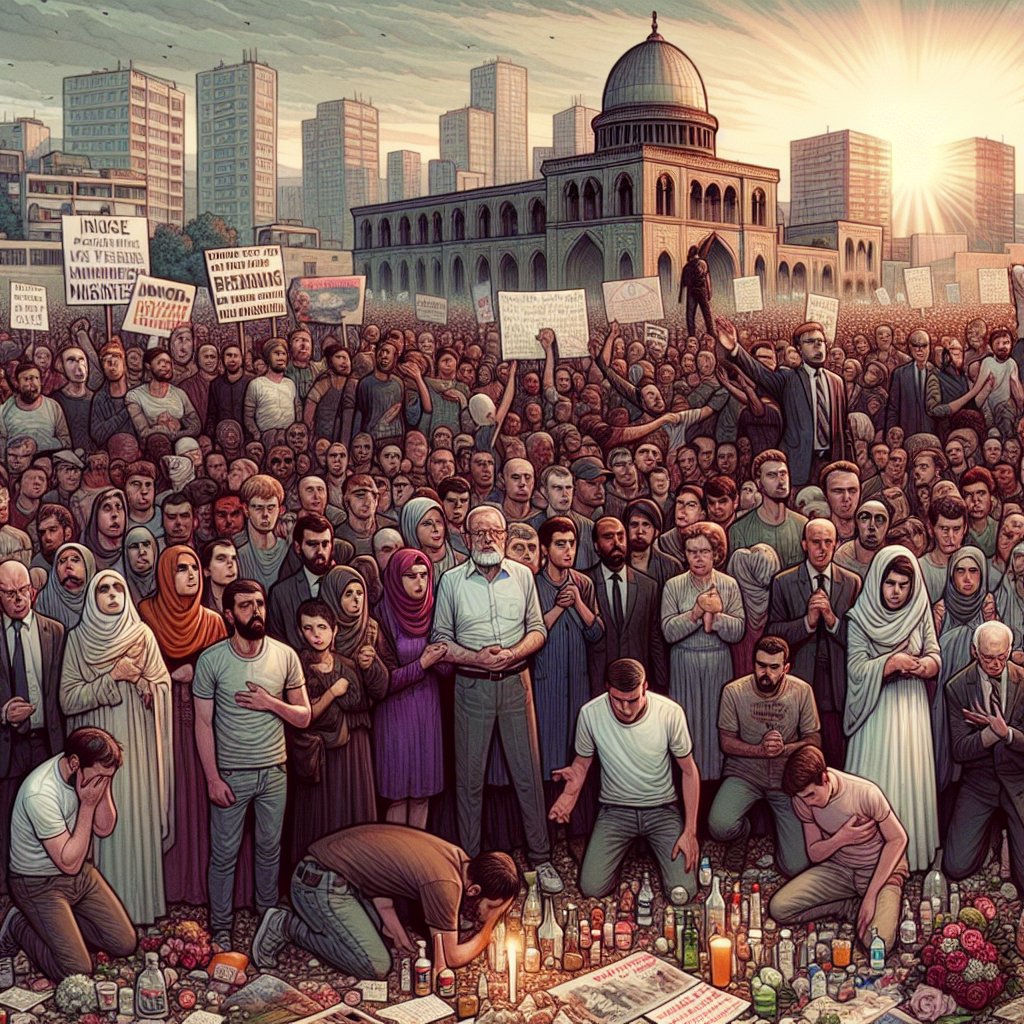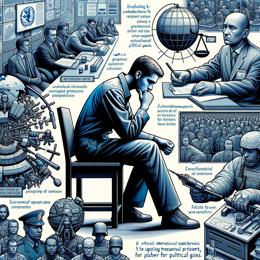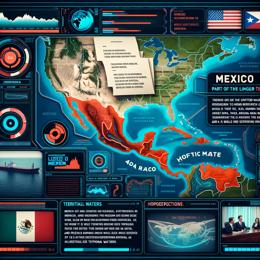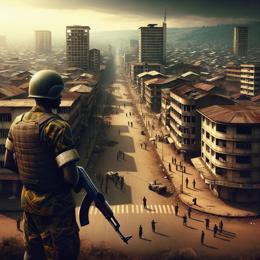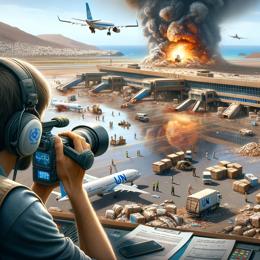Content created by AI
Retribution Vowed by Iran's President Raisi at Kerman Bombings Memorial
In the wake of the devastating twin bombings in Kerman, Iran, which struck during a memorial service for the revered Iranian General Qassem Soleimani, President Ebrahim Raisi has asserted that Iran will exact revenge on those responsible. This declaration was made amidst the grief and anger of thousands who gathered to pay tribute to the victims.
The brutal attack, which took place approximately 820 kilometers southeast of Tehran, left 89 people dead and more than 280 wounded. Among the dead were several Afghan nationals, highlighting the international impact of this tragedy. ISIL, also known as ISIS, has taken credit for the incident, intensifying the regional and global ramifications.
During the emotionally charged funeral held on Friday, President Raisi delivered a powerful message, highlighting the strength and capabilities of Iran and vowing retribution. “Our forces will decide on the place and time to take action,” he promised the mourners who were assembled in the city of Kerman.
The outcry for justice was palpable as the crowd echoed chants of "Death to America!" and "Death to Israel!", two nations Iran has often accused of sponsoring groups hostile to its regime. Such accusatory rhetoric has routinely been put forth by Tehran, reflecting the complex geopolitical tensions in the region.
Major General Hossein Salami, commander-in-chief of the Islamic Revolutionary Guard Corps (IRGC), addressed the audience with a staunch warning to ISIL: “We will find you wherever you are”. The IRGC, particularly its elite Quds Force, was led by General Soleimani until his assassination by a US drone strike in 2020, which has been a focal point of Iran-US tensions since.
State media broadcasted scenes from the Imam Ali religious center where scores of families mourned, and many others called for revenge. It's a somber moment that hearkens back to previous ISIS attacks on Iranian soil, including the 2017 twin bombings targeting the Iranian parliament and the mausoleum of Ayatollah Ruhollah Khomeini.
The international community, evidently alarmed at the prospect of escalated violence in the region, has come forth with widespread condemnations of the bombings. The United Nations, China, Saudi Arabia, Jordan, Germany, and Iraq are among those who have expressed their denunciations.
Al Jazeera correspondent Ali Hashem in Tehran noted that Iranian authorities see the attack as an extension of the broader regional conflicts, notably the recent tensions in Gaza. With the death of Saleh al-Arouri, a top Hamas figure, in Beirut just a day prior, and the ongoing Israeli campaign in Gaza, the situation foreshadows potential further unrest.
President Raisi, seizing upon these regional developments, also commented on the ramifications for Israel, asserting that the culmination of recent operations by the Palestinian group Hamas could signify the “end of the Zionist regime”.
As mourners continue to grieve and the Iranian authorities look for avenues of response, the calls for retaliation pose a sobering reminder of the region's volatility. The incident not only sheds light on Iran's domestic strife and security challenges but also underscores the intricacies of international relations and the potential for abrupt shifts in regional dynamics.
